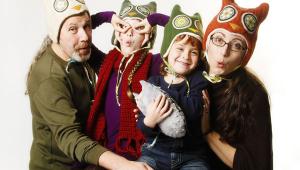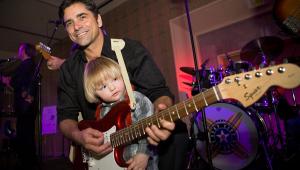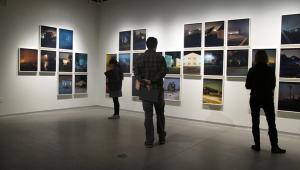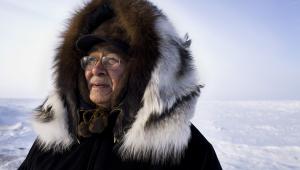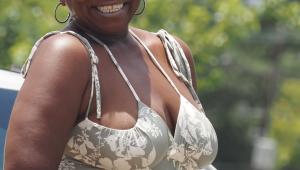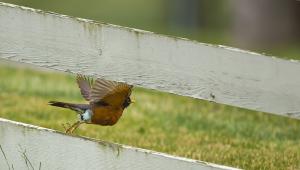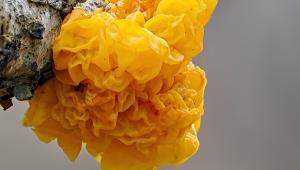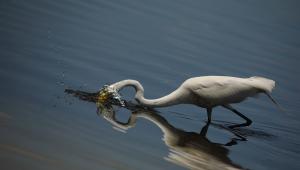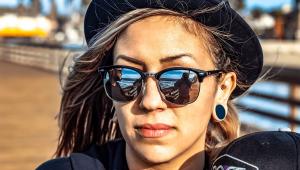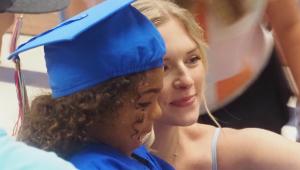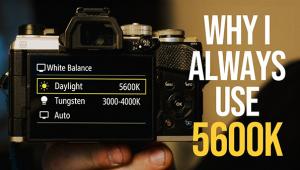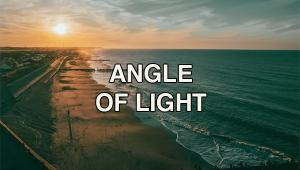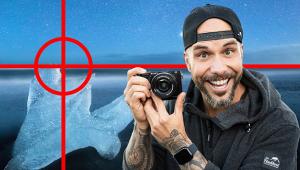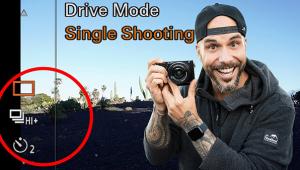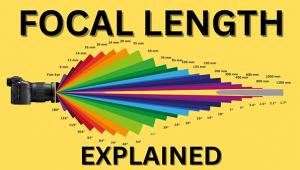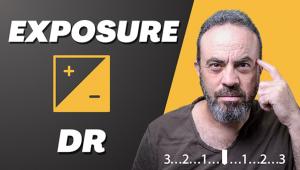Making A Difference With Photography; The Risk And Reward Of Commitment
Success, self-fulfillment, and philanthropy are common goals among professional
photographers. Ingrained within us all is the desire to help others, but that
lofty aspiration is sometimes beyond reach as we focus on maintaining a comfortable
existence. How can you harness your talent and use it to help others while paying
the rent at the same time? Is it possible to spread awareness and improve society
with your photographic business?
Phil Borges and Colin Finlay are two photographers who do just that. Their mission
is to focus on the important social and humanitarian issues around the world
and at home. For both, helping others and creating change has developed into
an important aspect of their photographic careers.
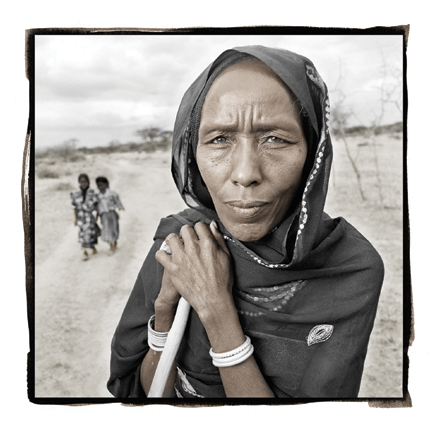 |
|
|
Shutterbug: Describe your personal path to making a difference
with your photography. How did you arrive where you are today?
Phil Borges: What attracted me to this career was the ability
to combine my love of travel and my love of photography. I went to very remote
locations and discovered new places and opportunities for photo stories to be
told. My first project with a message was a book and exhibit called Tibetan
Portrait--The Power of Compassion, specifically the socio/political situation
there.
 |
|
|
There are so many issues I encounter while traveling in developing countries.
When I find an issue I feel drawn toward, I partner with an organization that
has the same agenda. Most of these organizations are undercapitalized non-profits,
but are able to help in other capacities. The varied assistance could include
interpreters, access to locations not open to the public, pre-purchase of books,
contacts for book tours, contacts for printing, and financial help with travel.
Colin Finlay: When I take my last breath on earth I want to
know I have made a difference. I have always held this concept up as my marketing
message and it has guided my career path. The desire to help others comes from
inside and photography is my core expression that allows me to manifest those
feelings for others to see. I channel my energy through photographs to accomplish
what I was put on earth to do. There are many professionals who do what I do:
dentists, doctors, and teachers--all cross borders to help people in need.
Capturing images is how I do the same thing.
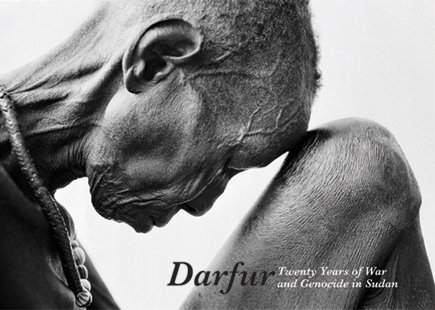 |
|
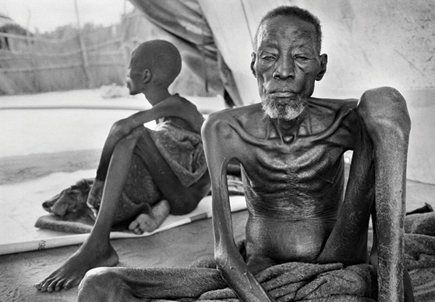 |
|
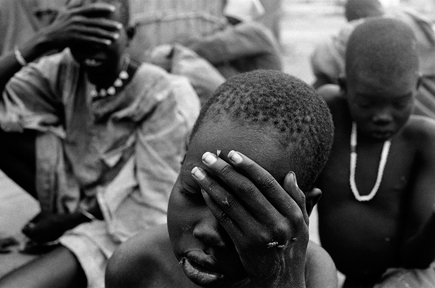 |
|
 |
|
|
SB: Do you see your photography of environmental, social,
and cultural issues as separate from your "commercial" work?
PB: I am very fortunate that this is what I do for a living.
The images sell in books and through galleries. The closest I have been recently
to traditional commercial work is when a corporation asked me to create a photo
book of portraits with an environmental message to give as gifts to their customers.
CF: The work itself is not separate because I blend the two
together. For fine art print sales I am represented by Fahey/Klein Fine Art
Photography Gallery. The commercial work for me is just a different side of
the same coin. For example, I had just come back from a photojournalistic project
in Pampas on the Gauchos in 2001 when the horrible events of September 11th
changed things.
Overnight, fake "bright lights" and traditionally commercial images
did not strike the right note for advertising clients. One particular client,
Ocean Pacific, needed images of their whole clothing line for their upcoming
ad campaigns. They wanted to change direction and sought my ability to capture
reality--not fake, artificial, posed images. They requested realism and
a photojournalistic sensibility to highlight their products. I have my approach
and style for both advertising and photojournalistic projects. The ad campaigns
I am shooting now still have that look and feel. It takes a special commercial
client to use that type of style for an ad campaign and we find each other because
that is my niche.
 |
|
 |
|
|
SB: How do you see your photography creating change and where
in the world do you hope for this change? Local? Regional? National? Global?
CF: All of the above. My inclination to create social change
through photography led to my work as a cofounder of the non-profit organization
PROOF: Media for Social Justice (www.proofmsj.org). Our most recent book project,
Darfur: Twenty Years of War and Genocide in Sudan, covers three periods in the
Sudan crisis of the starvation, civil war, and murder of the people of Darfur.
I did both photos and writing for the book along with photographs by Lynsey
Addario, Pep Bonet, Ron Haviv, Olivier Jobard, Kadir van Lohuizen, Chris Steele-Perkins,
and Sven Torfinn. It also includes essays by Jonathan Alter, Larry Cox, Mia
Farrow, Ryan Gosling, Nicholas D. Kristof, Susan Myers, and John Prendergast.
- Log in or register to post comments






